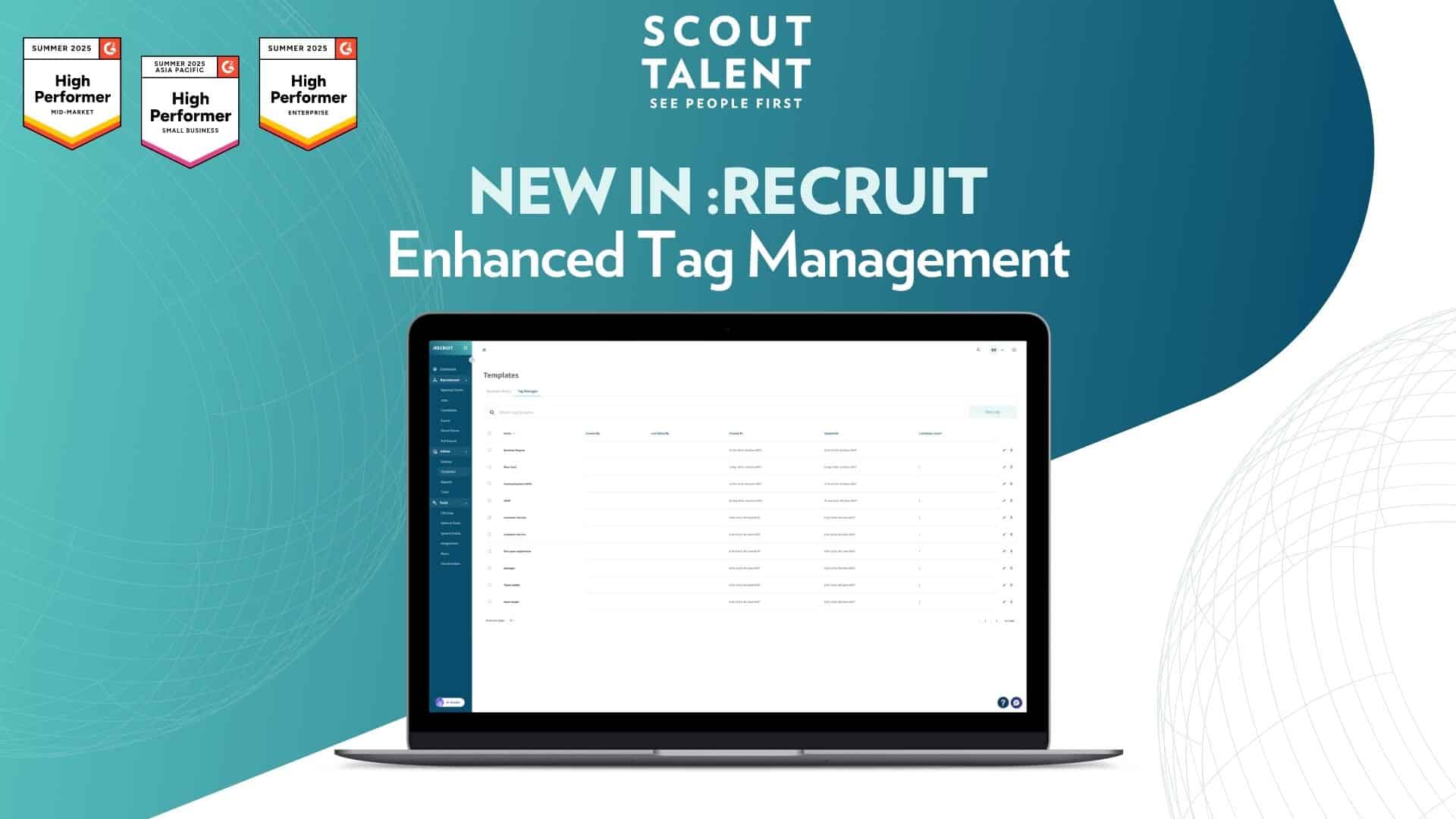Many local governments lack standardised recruitment because their processes are full of ad hoc tools, checklists, and templates that team members have developed over time. Hiring managers each have their own procedures and questions they like to ask. Sometimes, teams simply experience uncertainty around best practice.
This lack of standardisation dramatically slows down the hiring process and prevents local government from securing great talent. It leads to qualified candidates being unavailable or uninterested when it comes time to schedule interviews—which can be months after they submit their resumes.
The good news is, it’s possible to standardise your recruitment processes in an easy, straightforward and cost-effective way through recruitment technology. The right recruitment technology allows you and your teams to deliver a consistent, positive candidate experience and build a positive brand image.
Here are some ways you can build consistency into your recruitment process.
Communicating with candidates
We are strong proponents of candidate care. Candidate care is a crucial long-term strategy to consistently attracting great talent and building a positive brand image. The foundation of candidate care is good communication and feedback, and this doesn’t have to be time-consuming or complicated.
Recruitment technology allows you to build standardised email templates personalised with your copy, branding and signature to send to candidates with the click of a button. Deliver unsuccessful feedback, invite candidates to be interviewed and progress them to the next stages.
Booking interviews
Scheduling interviews can be challenging without the right tools. It can be hard to catch candidates over the phone, and back and forth emailing takes time. Use recruitment technology to send bulk invitations and allow candidates to select from a range of times that suit them.
Interview questions
Different roles require different interview questions. So, how can Council standardise this process? Behavioural interview questions will give you far greater insights into your candidates than hypothetical or personal questions. By asking candidates about their experience, you allow them to demonstrate the capabilities you are looking for.
It’s a great idea to deliver these questions with context.
For example, “In this role, you will need to demonstrate excellent attention to detail. Can you tell me about a time where you’ve had to work with a high degree of accuracy?”
(For more tips about best practice interviewing, schedule a discussion with our knowledgable Shortlisting & Selection Specialists.
Video interviews
60% of hiring managers and recruiters are using video interviewing technology to shorten their time to hire and streamline their processes. Incorporate video screening as part of the first round of interviews you conduct with candidates, record and share them with hiring managers to save time and better inform your face-to-face interview stage.
Contracts and onboarding
Onboarding is a crucial opportunity to make a great first impression on your new hire. Streamlining your onboarding process will drastically improve your new hire’s perception of your workplace as you introduce them to your organisation.
Use recruitment technology to send your contracts and letters of offer digitally, and allow your new hires to accept them online.
Ad hoc recruitment is stressful and time-consuming, so standardising your recruitment processes makes life easier for you, your hiring managers and your candidates. Use recruitment technology and specialist support to gain confidence in your procedures, knowing that you’re using best practice and obtaining the best recruitment results.
For more information about how recruitment technology and specialist support can help you, book a no-obligation demonstration with one of our knowledgable specialist or call us on +61 7 3330 2595.



